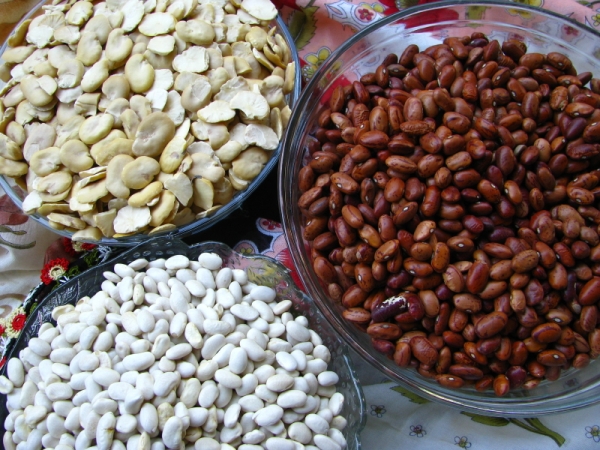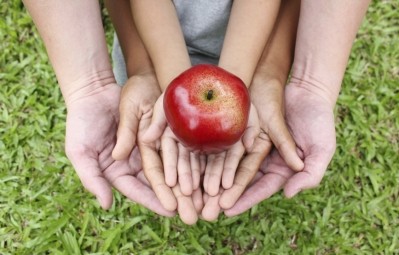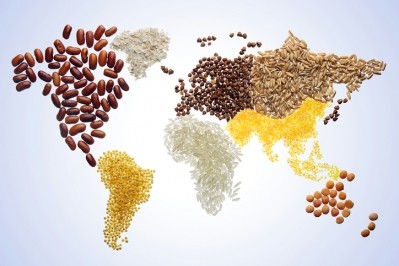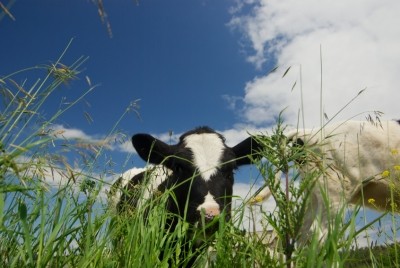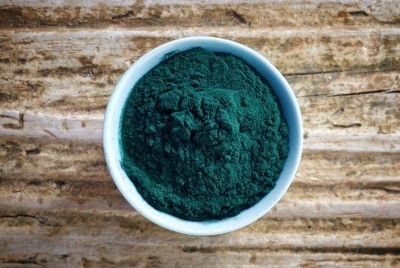'Climate smart' pulses are key to global food security: FAO
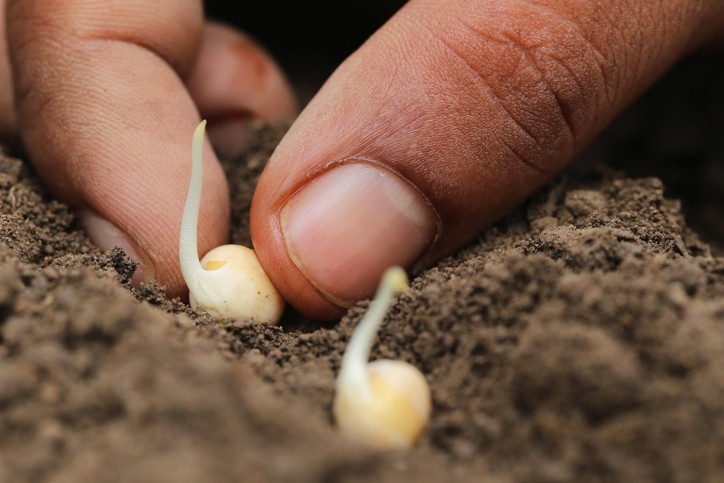
The FAO has been promoting pulses, such as lentils, chickpeas and beans, as a sustainable and environmentally-friendly food source throughout 2016, which it has named the ‘International Year of the Pulse’.
Today, World Soil Day, it joined two dots and highlighted the symbiotic relationship between the two. “The world is currently losing soil 10 to 20 times faster than it is replenishing it, a trend pulses can help offset,” it said.
It takes thousands of years to produce just a few centimetres of soil, yet this can be lost in a matter of decades through erosion, drought and poor farming practices.
Earlier today, the FAO council, which represents each member state, endorsed a set of voluntary guidelines for sustainable soil management, called Soil and pulses: Symbiosis for life.
Pulses host special soil bacteria which act as natural nitrogen fixers, as well as fostering soil carbon sequestration.
In Canada, the world’s second biggest pulse producer and exporter, the introduction of pulses into field rotation has slashed the need for synthetic nitrogen by two thirds.
Cereals that are grown after pulses produce 1.5 tonnes more per hectare than those not preceded by pulses, says the FAO. Around 100 kg of nitrogen fertiliser would be required to have the same effect.
They are also ‘climate smart’, says the FAO report, as they have deep roots which make them resilient in times of drought, and can simultaneously adapt to climate change.
Pulses are also highly nutritious.
“They have higher protein content - often three times as much as rice or cassava - than staple grains," says the report. "Pulses also are a significant source of health-enhancing minerals, including iron, magnesium, potassium, phosphorous and zinc. Other dietary health attributes of pulses include high B-vitamin content, low fat content, no cholesterol and a low glycaemic index. While low in calories, they are high in complex carbohydrates and dietary fibres.”
Meanwhile, the UK’s organic certification board and registered charity, the Soil Association, underlined the need for legislation to protect soils, particularly following the UK’s decision to quit the EU.
“Most farmers need longer, more diverse crop rotations, and to keep their soil covered with plants over winter. While some already do this, only regulation will make it the norm. We need to influence the Westminster policy makers and devolved administrations who will shape the payments made to farmers in a post-EU Britain, to ensure that the rules build in a requirement to care for our soils.
“Now is our chance to influence whatever replaces the Common Agricultural Policy, which is likely to continue to use billions of taxpayers’ pounds to affect how farmers farm across Britain.”
